Publication Showcase
The Water Institute is proud to showcase the research contributions of our affiliate faculty. This page highlights selected publications from our affiliate faculty, showcasing their expertise and innovative approaches to water-related research.
| Journal | Research | hf:tax:affiliatepublications | hf:tax:research_journals |
|---|---|---|---|
 | Role of Aquatic and Terrestrial Carcasses in Freshwater Ecosystems | 12-december 2025 | taylor-francis-group |
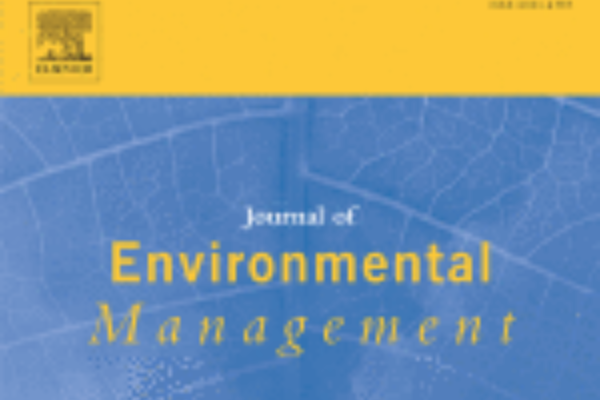 | Valuing the Upper Floridan Aquifer: Exploring Public Preferences for Ecosystem Service Values and Problem Framing To Support Aquifer Conservation | 12-december 2025 | journal-of-environmental-management |
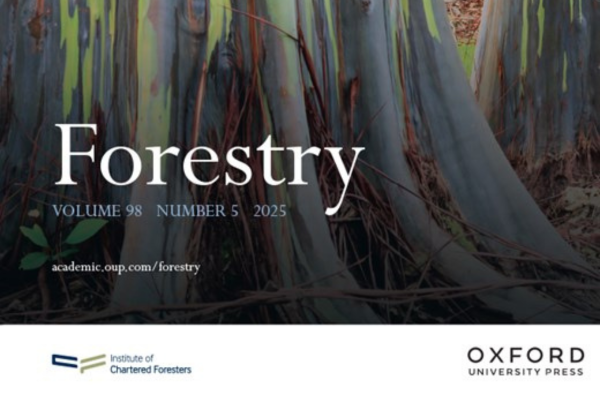 | A Retrospective on the Performance and Viability of Planted Southeastern-Mediterranean Conifer Forests as Determined by Abiotic Factors Controlling Water Availability | 11-november 2025 | forestry |
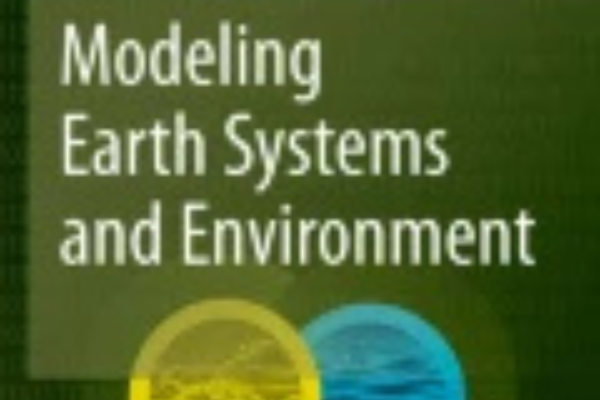 | Modeling Soil Moisture and Evapotranspiration Dynamics from Variably Irrigated Vegetable Fields | 11-november 2025 | modeling-earth-systems-and-environment |
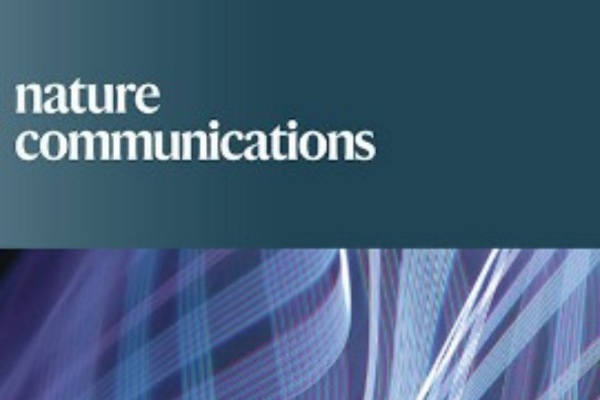 | Overcoming the Reactivity-Stability Challenge in Water Treatment Catalyst through Spatial Confinement | 11-november 2025 | nature-communications |
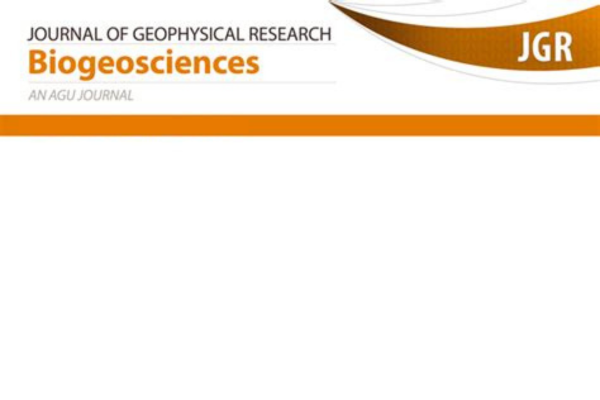 | Fluvial Denitrification Rates in an Agricultural River and Its Tributary Vary Due To Size and Season | 11-november 2025 | jgr-biogeosciences |
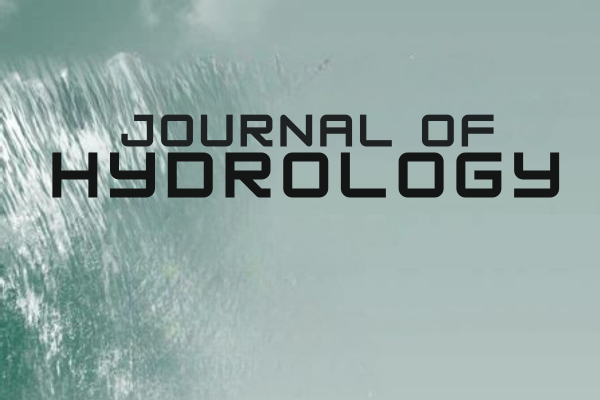 | Uncertainty in Estimating the Relative Change of Design Floods Under Climate Change: a Stylized Experiment with Process-Based, Deep Learning, and Hybrid Models | 11-november 2025 | journal-of-hydrology |
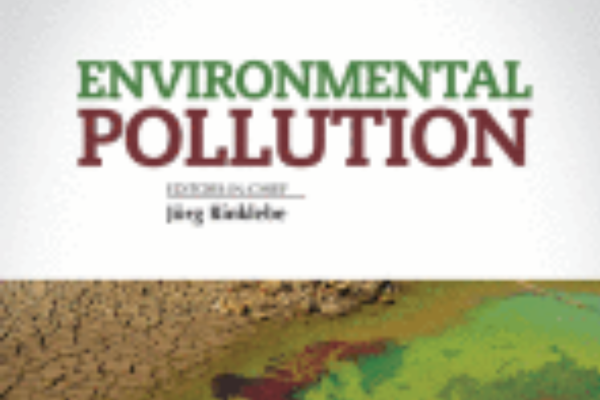 | Atmospheric Oxidation of Cyanobacterial Aerosols Emitted from Lakes and Estuaries During Harmful Algal Blooms | 10-october 2025 | environmental-pollution |
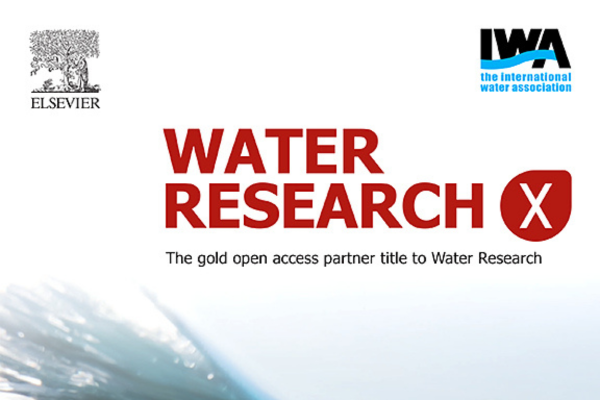 | Dissolved Nitrogen and Organic Carbon Fluxes from Urban Stormwater Runoff and Rainfall into Harmful Algal Bloom-Prone Waters: Seasonal Variability and Insights into Dissolved Organic Matter Composition | 10-october 2025 | water-research-x |
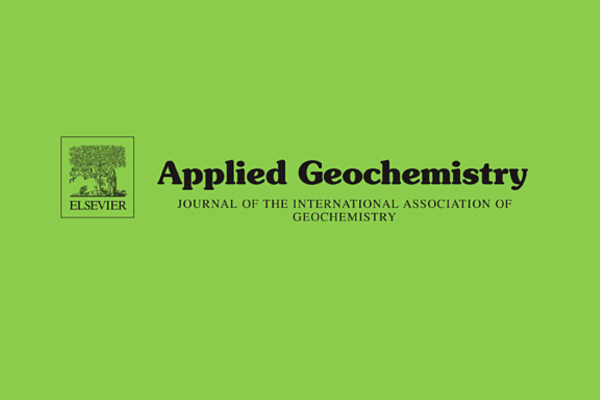 | Geochemical Associations of Metals in Corrosion Scales from Lead and Copper Drinking Water Pipes: Assessing the Dissolution and Bioaccessibility Potentials | 10-october 2025 | applied-geochemistry |
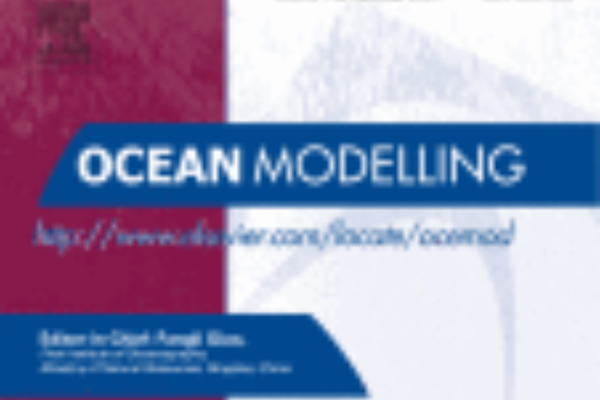 | Wind-Driven Exchange Flow and Inter-Basin Connectivity in a Multi-Inlet Bay during Hurricane and Non-Hurricane Periods | 10-october 2025 | ocean-modelling |
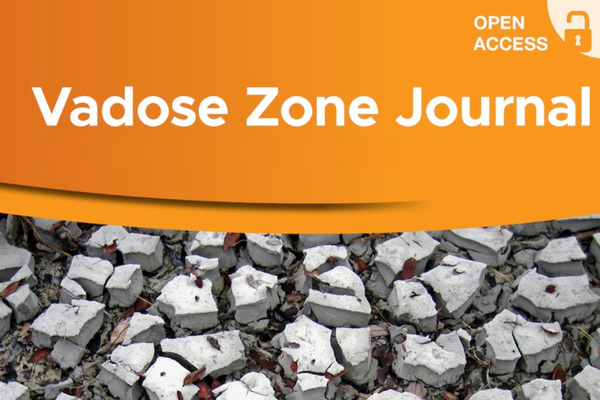 | Differential Water and Imidacloprid Transport Under Unsaturated Florida Citrus Field Conditions | 09-september 2025 | vadose-zone-journal |
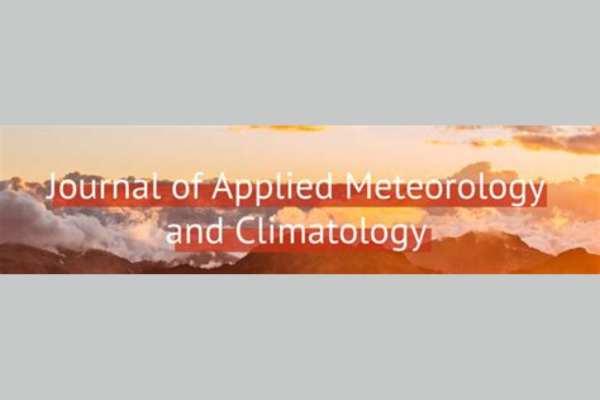 | Temporal and Spatial Analysis of Freezing Rain Regimes over Eastern North America | 09-september 2025 | journal-of-applied-meteorology-and-climatology |
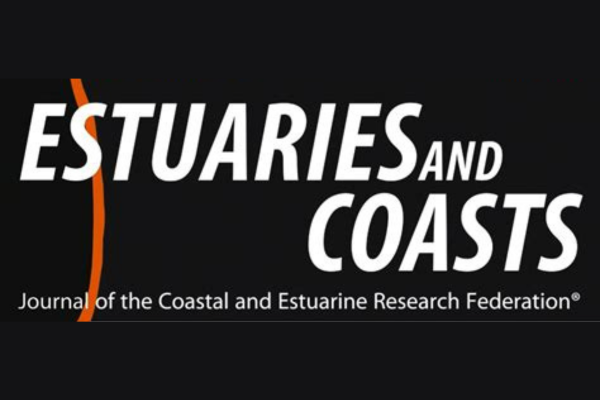 | Semi-automated Detection of Seagrass Scars in Tampa Bay from Aerial Imagery: An Application for ArcGIS Pro Deep Learning | 09-september 2025 | estuaries-and-coasts |
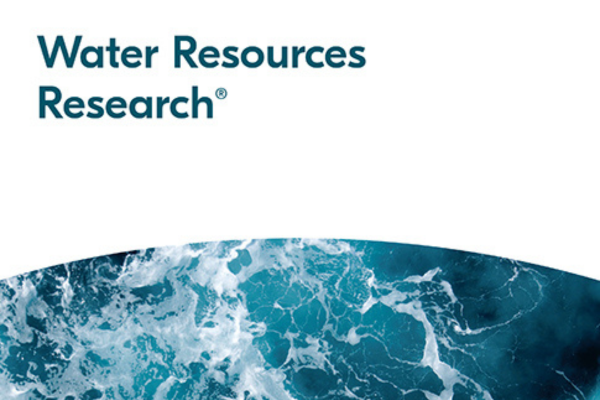 | Sampling Regime Effects on Detecting Spatial Stability of Water Quality | 09-september 2025 | water-resources-research |
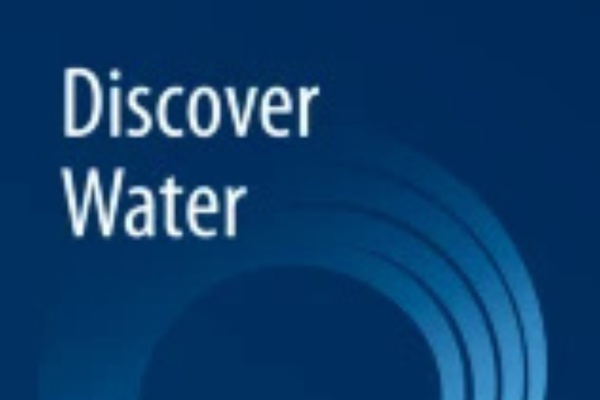 | Estimating Lake Okeechobee’s Water Volume Using NDWI-Derived Remote Sensing and Genetic Algorithm Optimization on Google Earth Engine | 09-september 2025 | discover-water |
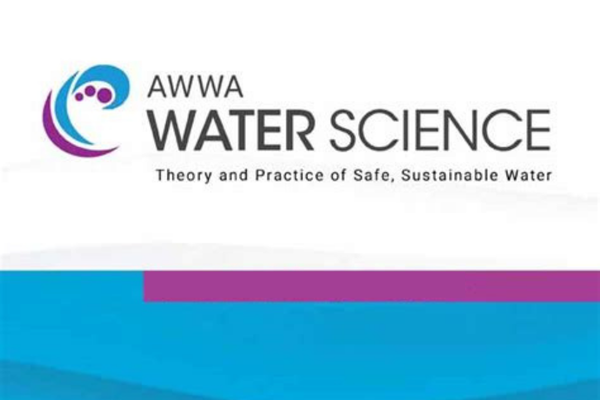 | Increasing Irrigation Restriction Compliance With Water Conservation Messages of Varying Complexity | 09-september 2025 | awwa-water-science |
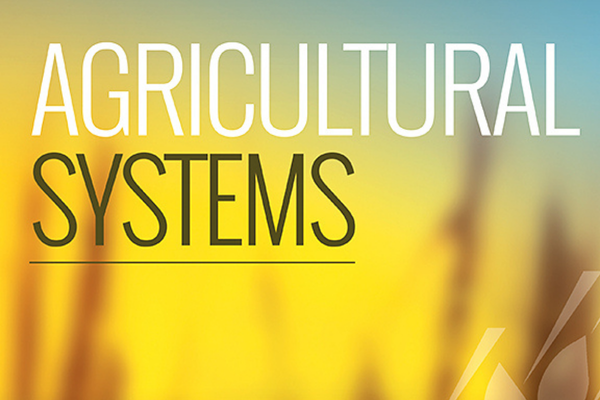 | Drought Mitigation and Livelihood Improvement Options through Rainwater Harvesting Structures in a Rainfed Agricultural System | 08-august 2025 | agricultural-systems |
 | Stage Matters for Hydrologic Drought Assessments: Implications of Anthropogenically-Induced Hydrologic Drought in a Low-Lying River | 08-august 2025 | journal-of-hydrology |
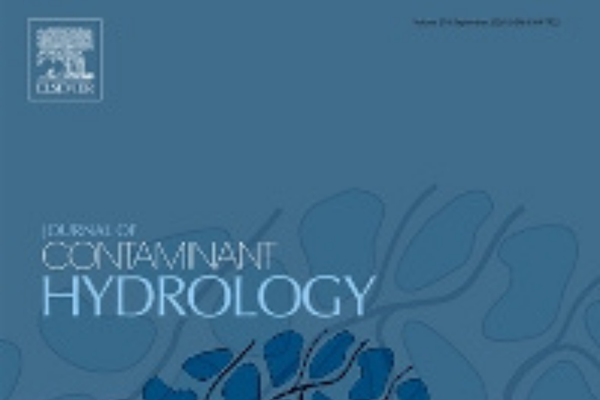 | Consequences of Variations in Flow Magnitude and Duration on Water Quality of the Apalachicola River Floodplain | 08-august 2025 | journal-of-contaminant-hydrology |
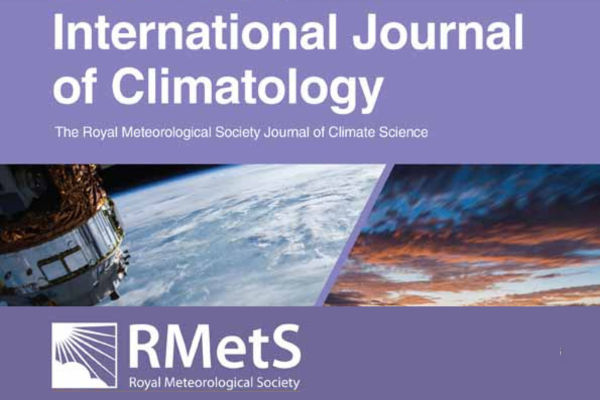 | Shifting Patterns in the Weather Regimes That Drive Regional Drought: Demonstration for South Africa | 08-august 2025 | international-journal-of-climatology |
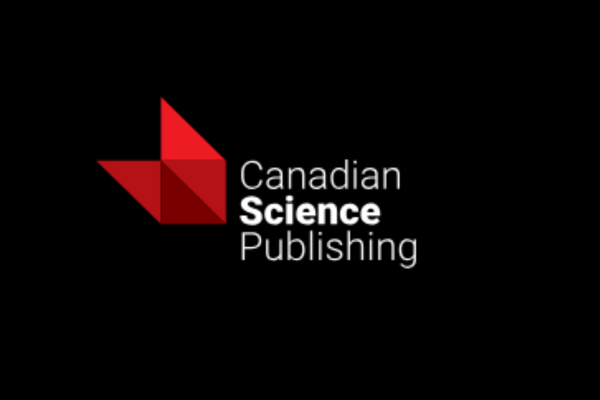 | Interspecific and Spatial Variation in Muscle Sulphur Compositions and Their Relation to Mercury Concentrations for Northern Freshwater Fishes | 08-august 2025 | canadian-science-publishing |
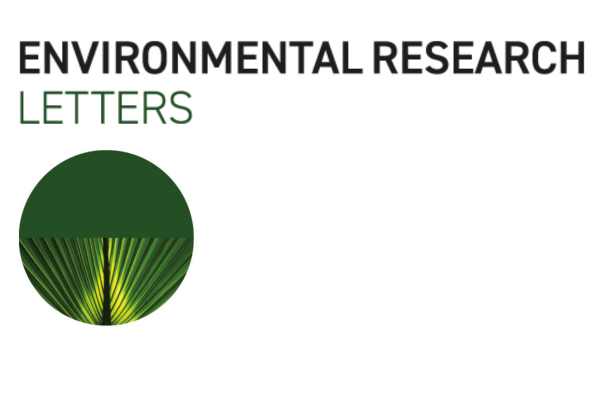 | The Biogeophysical Impacts of Land Cover Change on Climate Extremes in the Arctic and Boreal Regions | 07-july 2025 | environmental-research-letters |
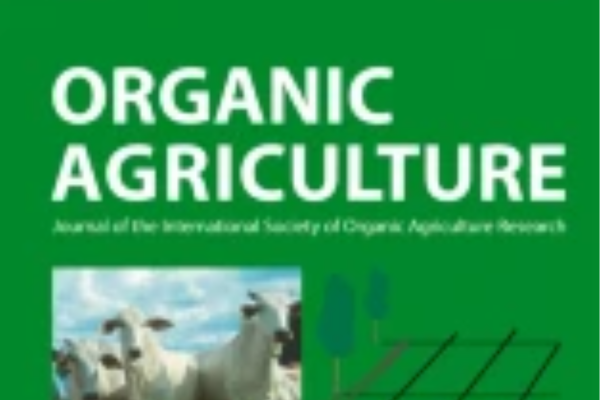 | Mineral Amendments Benefit Soil Moisture but not Nutrient Cycling or Crop Productivity in a Florida Organic Vegetable System Established on a Sandy Soil | 07-july 2025 | organic-agriculture |
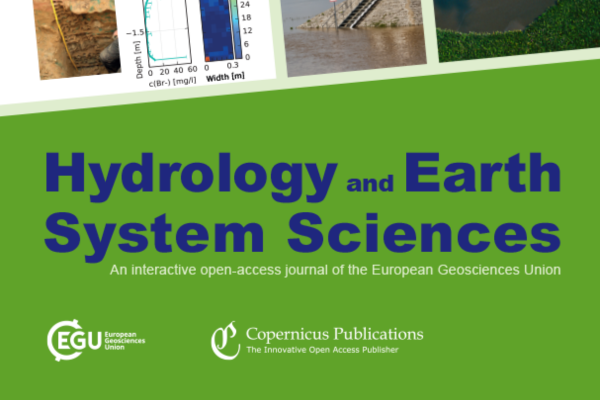 | Technical Note: Finite Element Formulations to Map Discrete Fracture Elements in Three-Dimensional Groundwater Models | 07-july 2025 | hydrology-and-earth-systems-sciences |
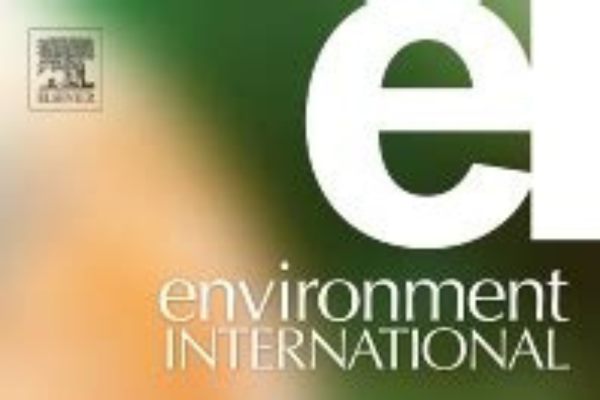 | Investigation of Organic Contaminants in Field-Cultivated Vegetables Receiving Recycled Water and Biosolids Applications | 07-july 2025 | environment-international |
 | Taking It for the Team: How Communication and Voting Increases Social Acceptance of Recycled Water | 07-july 2025 | water-resources-research |
 | Evaluation of Multimodel Averaging Approaches for Ensembling Evapotranspiration and Yield Simulations from Maize Models | 06-june 2025 | journal-of-hydrology |
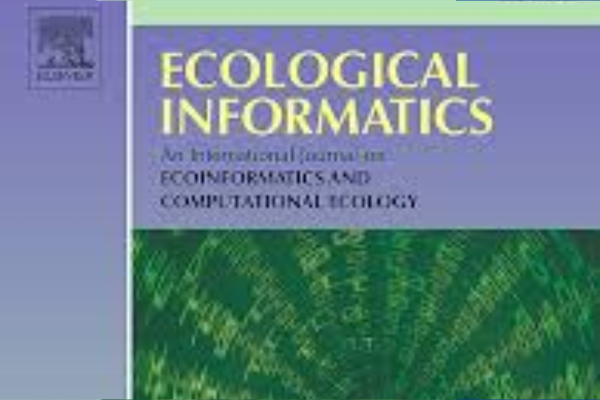 | A Decision Support Tool for Predicting Water Yield in North Florida Forests | 06-june 2025 | ecological-informatics |
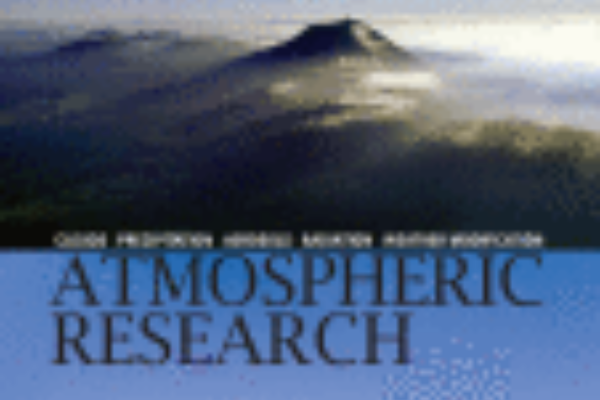 | Four Moisture Patterns Surrounding Atlantic Hurricanes Revealed by Deep Learning: Their Characteristics and Relationship with Hurricane Intensity and Precipitation | 06-june 2025 | atmospheric-research |
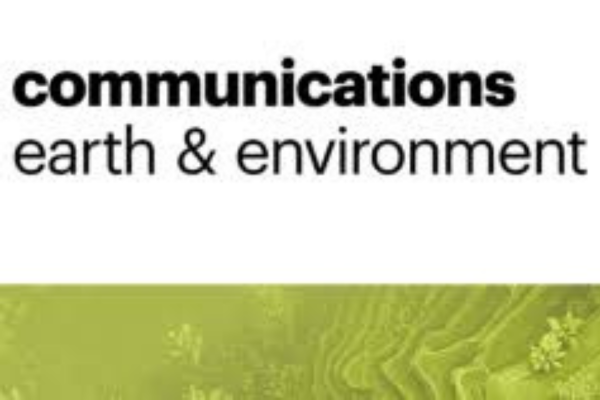 | Glacial Retreat Converts Exposed Landscapes from Net Carbon Sinks to Sources
| 06-june 2025 | communications-earth-environment |
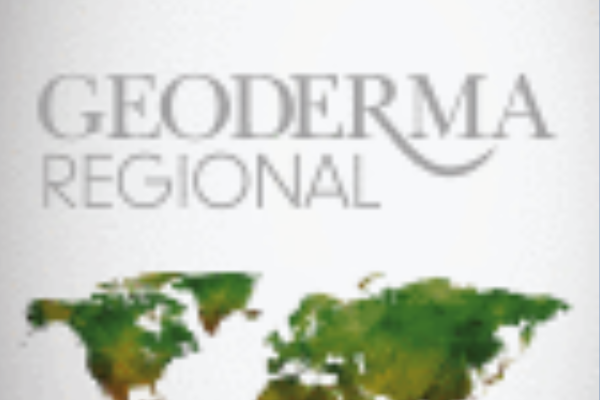 | Biosolids-Derived Phosphorus Persists in Florida Sandy Soils | 06-june 2025 | geoderma |
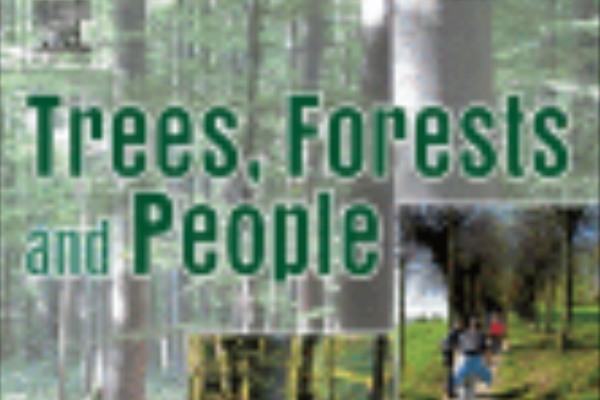 | Dormant Season Submergence as a Predictor of Forest Seedling Survival in a Connected Floodplain | 06-june 2025 | forests-and-people |
 | Drought to Flood to Drought: A Review of Definitions of Precipitation Whiplash Events, What Causes Them and Their Impacts Over the Continental United States | may-2025 2025 | international-journal-of-climatology |
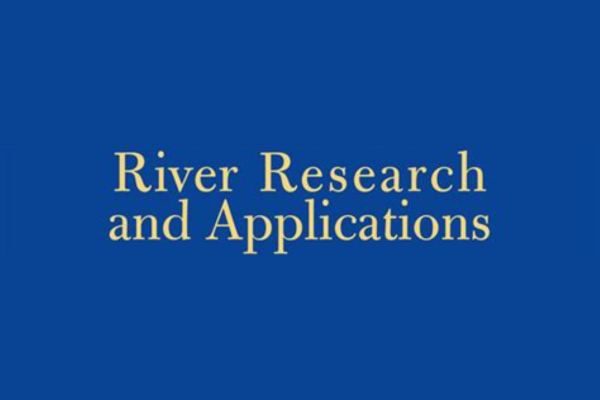 | Modeling Changes in Flow Dynamics From the Restoration of a Distributary Slough Along a Large Floodplain River | may-2025 2025 | river-research-and-applications |
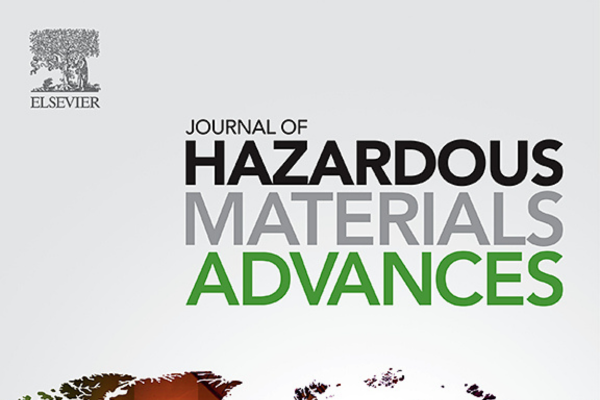 | Mitigating Seawater Flooding Induced Greenhouse Gas Emissions and Nutrient Leaching Using Soil Amendments | march-2025 2025 | journal-of-hazardous-materials-advances |
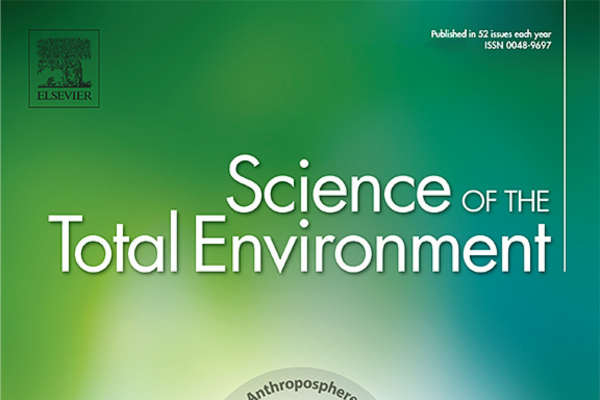 | Assessment of Water Scarcity as a Risk Factor for Cholera Outbreaks | april-2025 2025 | science-of-the-total-environment |
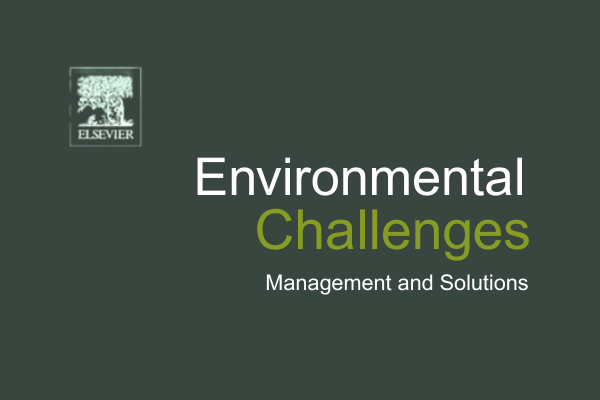 | Assessing and projecting land use land cover changes using machine learning models in the Guder watershed, Ethiopia | april-2025 2025 | environmental-challenges |
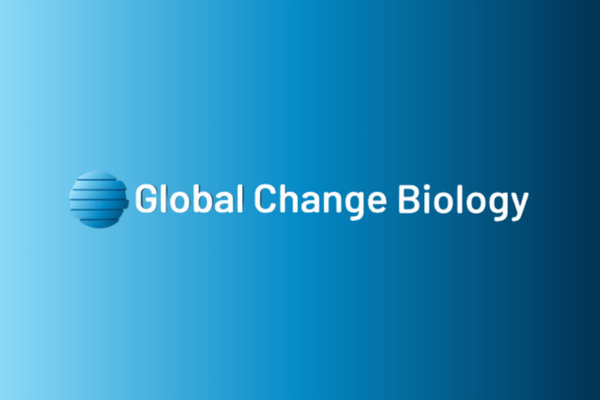 | Transdisciplinary Collaborations for Advancing Sustainable and Resilient Agricultural Systems | april-2025 2025 | global-change-biology |
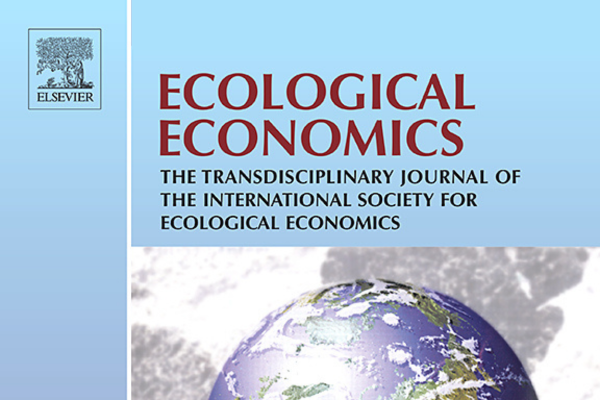 | Valuing Coastal Fisheries and Seagrasses: A Case Study of Estuarine Resources on Florida’s Nature Coast | april-2025 2025 | |
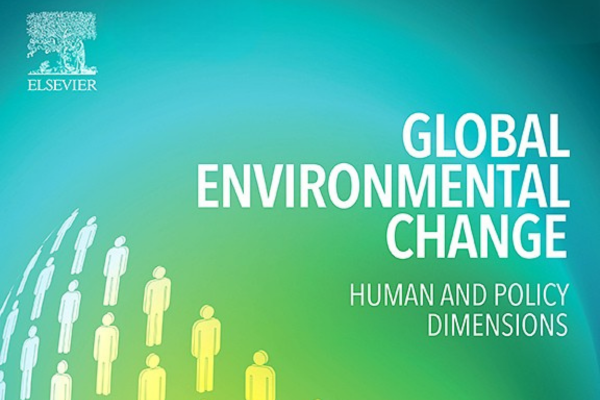 | Environmental Impacts and Food Loss and Waste in the U.S. Aquatic Food System | march-2025 2025 | global-environmental-change |
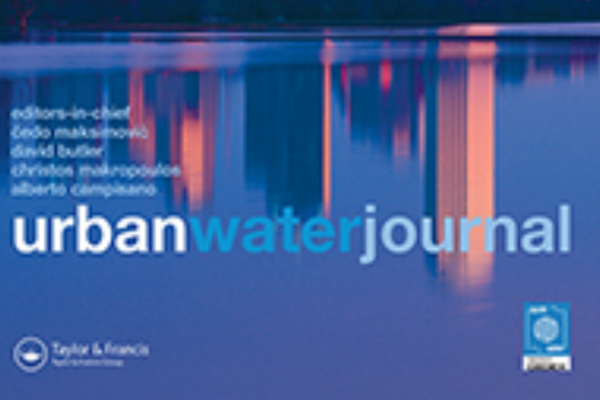 | Drivers of Planned Compliance with Irrigation Restrictions Among Residents in a Rapidly Urbanizing Region | march-2025 2025 | urban-water-journal |
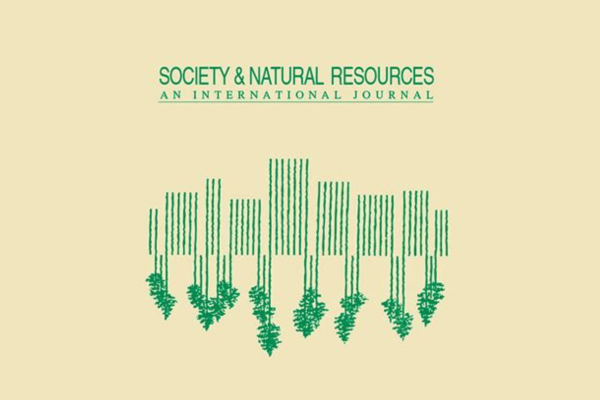 | Revisiting the Deficit Model: The Effect of Water Science Knowledge on Policy Perceptions | february-2025 2025 | society-natural-resources |
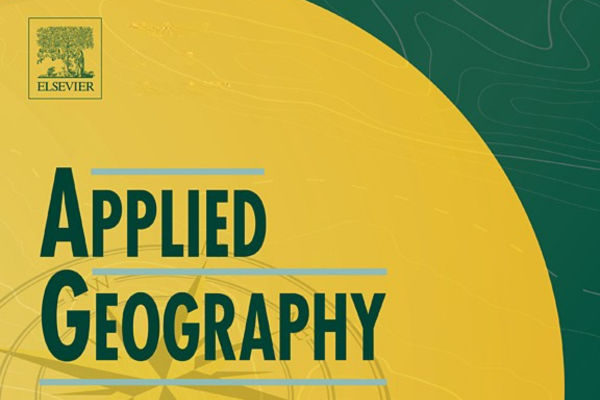 | Topographic Change Associated with Floodplain Mining Activities in the Amite River, Louisiana | february-2025 2025 | applied-geography |
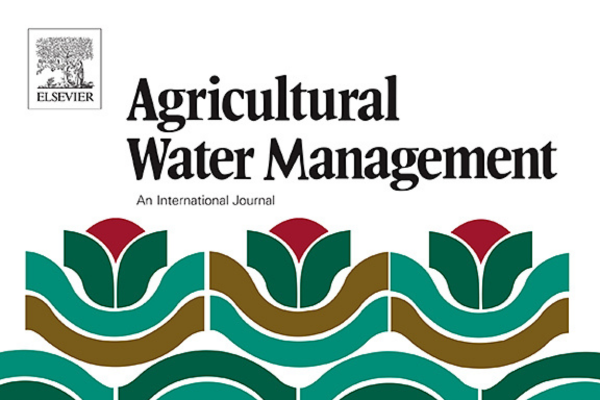 | Implications of Water Management on Methane Emissions and Grain Yield in Paddy Rice: A Case Study Under Subtropical Conditions in Brazil Using the CSM-CERES-Rice Model | february-2025 2025 | agricultural-water-management |
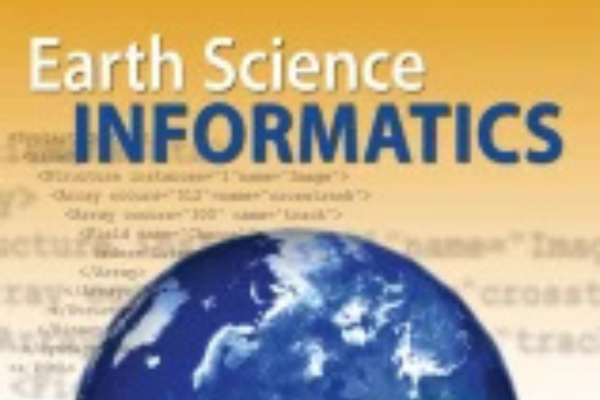 | Designing a Deep Learning-Based Framework for the Prediction of Lake Surface Closed Curves | february-2025 2025 | earth-science-informatics |
 | Water Quality Trends and Eutrophication Indicators in a Large Subtropical Estuary: A Case Study of the Greater Charlotte Harbor System in Southwest Florida | january-2025 2025 | estuaries-and-coasts |

